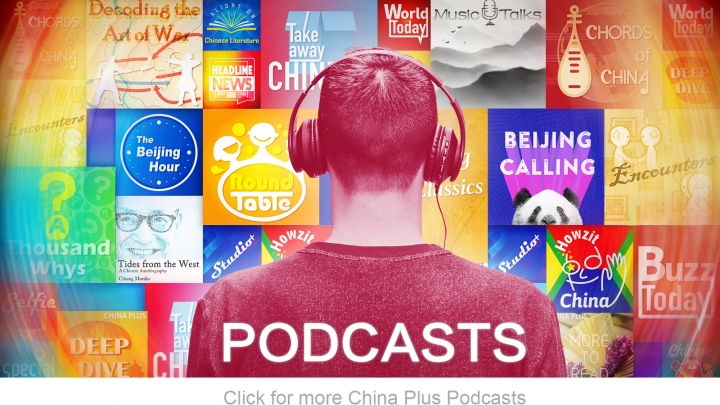EP2 姓名 What's Your Name?
Part I Chinese 101
Dialogue
A:您好,您姓什么?
Nin hao,nin xing shen me?
May I ask, what's your surname?
B:我姓王,叫我小王。你叫什么名字?
Wo xing wang. Jiao wo xiao wang. Ni jiao shen me ming zi?
My surname is Wang. You can call me xiao wang. What's your name?
A:我叫李丽。你呢?
Wo jiao li li, ni ne?
My name is Li Li. How about you?
B:我的名字是王平。
Wo de ming zi shi Wang Ping.
My name is Wang Ping.
Words & Expressions
【您】 nín; you (in a respectful way)
【大】da; big, large
【小】xiao; little, small
【姓】xìng;Family Name, Surname
你姓什么?nǐ xìng shénme?
What’s your surname?
他姓张。tā xìng Zhāng。
His family name is Zhang.
我不姓刘,我姓李。Wo bu xing liu, wo xing li
My family name is not Liu, it's Li.
【叫】 jiào ;to be called
This is the basic verb for stating one's name. Although you could translate "my name is..." literally into Chinese, it's more common to use this verb. The pattern is:
Person 叫 (jiào) Name ("Person is called Name" or "Person's name is Name)
Or:
Person1 叫 (jiào) Person2 Name ("Person1 calls Person2 Name")
你叫什么名字?nǐ jiào shénme míngzi?
What's your name?
我叫张杰。wǒ jiào Zhāng Jié。
My name is Zhang Jie.
叫我张杰。Jiào wǒ Zhāng Jié
Call me Zhang Jie.
【呢 】ne; question particle
呢 (ne) is used at the end of non-yes-no question sentences. You can think of as meaning, "and what about...?" even though that might not always be the most appropriate English translation.
The most common pattern you'll see is: Noun +呢 (ne)?
我很好。你呢?wǒ hěn hǎo。nǐ ne?
I'm very good. You?
我姓王。你呢?wǒ xìng Wáng。nǐ ne?
My surname is Wang. How about you?
【什么】shen me: what
Part II Language Tips
l Things you should know the culture about Chinese surname and given name
l How to use“老(lao)”and “小(xiao)” before Chinese surnames?
Part III Story of the Day
司马光砸缸 Sima Guang and the Giant Clay Pot
During the Song dynasty, there was a high-ranking scholar-official named Sima Guang, known for his masterwork, 'ZizhiTongjian', literally translated as "Comprehensive Mirror in Aid of Governance; considered by many to be a pioneering reference work in Chinese historiography.
The renowned historian had an exciting adventure when he was a little boy.
宋朝时,有一位著名的史学家名叫司马光。他以史学巨著《资治通鉴》闻名于世。
本期的中国古典文化故事将为你讲述司马光儿时的一件趣事。

